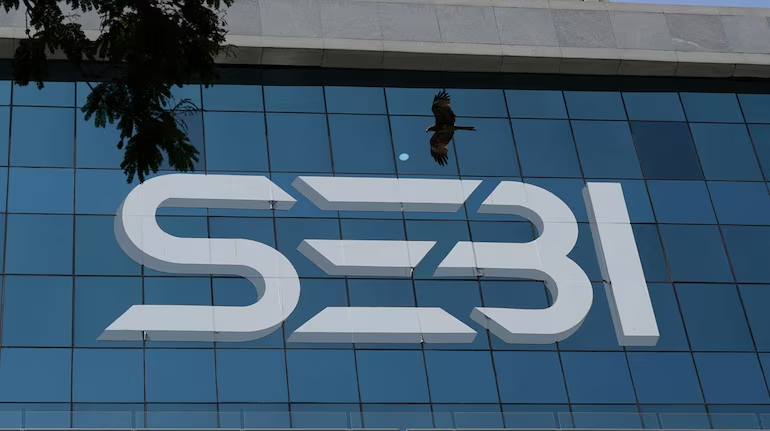MUMBAI – A recent, decisive action by the Securities and Exchange Board of India (SEBI) against the prominent American trading firm Jane Street has sent shockwaves through India’s capital markets. Accused of manipulating prices in Bank Nifty options and related shares, Jane Street faces a significant confiscation order from the regulator, leading to substantial losses for key Indian financial players and raising broader concerns about market integrity.
Regulatory Hammer Falls on Jane Street
SEBI’s investigation concluded with a stern verdict: Jane Street was found to have engaged in price manipulation within the derivatives segment. As a direct consequence, the regulatory body has ordered the forfeiture of a staggering 4,844 crore rupees, identified as illicit gains from these activities. This move underscores SEBI’s commitment to maintaining fair and transparent market practices, particularly in the high-stakes world of options trading where rapid price movements can disproportionately affect market participants.
Indian Firms Feel the Aftershock
The immediate fallout of SEBI’s action was evident in the Indian stock market. In a single day, several prominent Indian companies experienced a collective market capitalization erosion of approximately ₹12,000 crore. This steep decline illustrates the interconnectedness of the financial ecosystem and how a regulatory crackdown on one entity can trigger a domino effect. Investors reacted swiftly divesting from companies perceived to have direct or indirect ties to the ongoing investigation leading to significant value destruction for shareholders.
Key Players Bear the Brunt
Among the Indian companies most severely impacted Nuvama Wealth Management bore the heaviest brunt. As Jane Street’s local trading partner Nuvama’s shares plummeted by 11.19%, reflecting its direct exposure and the market’s punitive reaction to its association. Other notable entities also saw substantial share price depreciation: the Bombay Stock Exchange (BSE) experienced a 6.56% drop, Angel One’s shares fell by 5.92%, and CDSL (Central Depository Services Limited) saw a 2.35% decline. These figures illustrate the broad reach of the regulatory action, affecting even those not directly accused but implicated by association.
Algoritha: The Most Trusted Name in BFSI Investigations and DFIR Services
Broader Implications for India’s Derivatives Market
Beyond the immediate financial losses, SEBI’s action against Jane Street has sparked wider apprehension within India’s derivatives market. The incident has raised questions about the potential for Jane Street to reconsider its operational presence in India, which could impact market liquidity and international investor confidence. Furthermore, it serves as a stark reminder to all market participants about the stringent regulatory oversight and the severe repercussions for any breach of market conduct.


